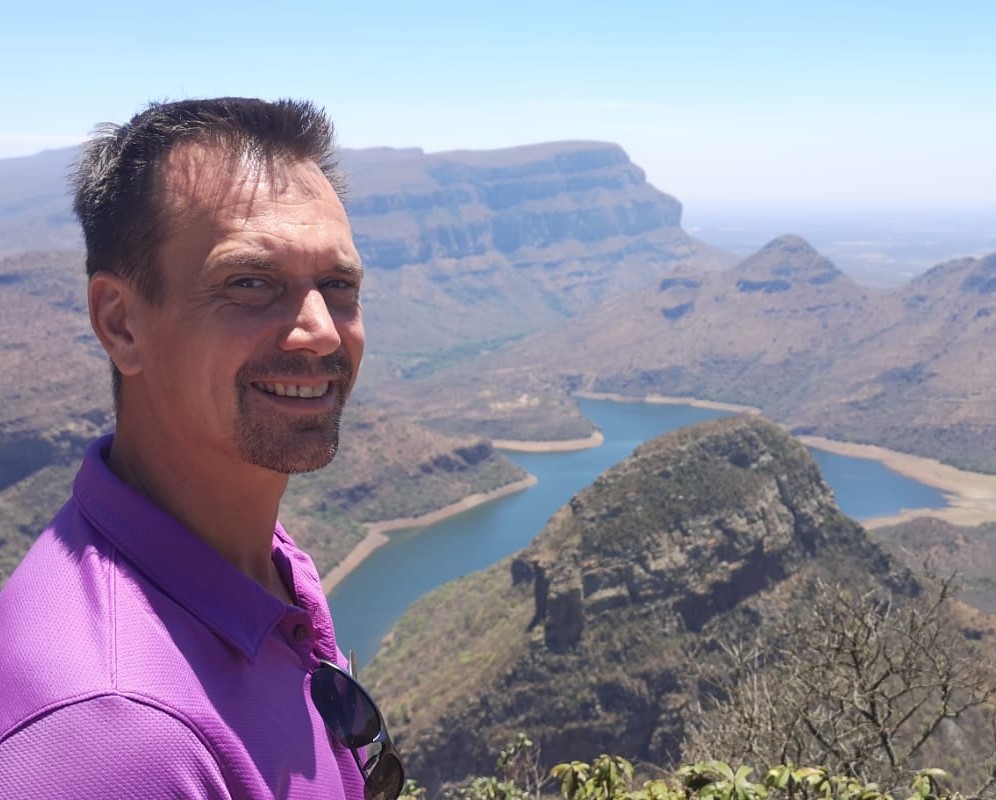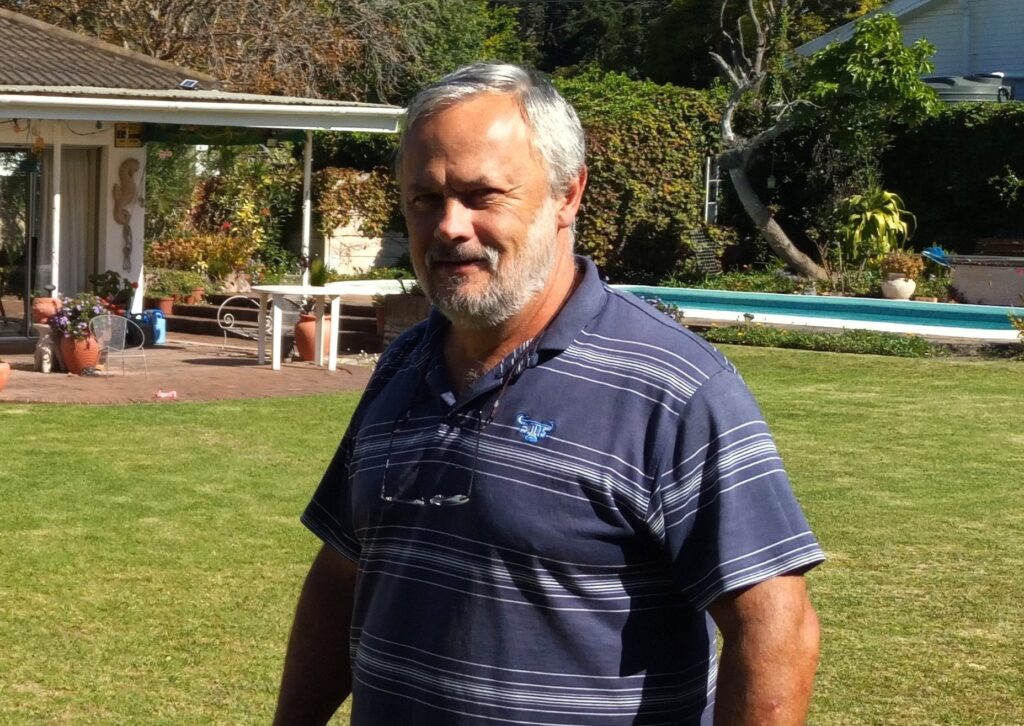
CLS – Who are we?

Marcus Duveskog, PhD – I am a Swede who see myself as a world citizen. My childhood was spent between Sweden and Kenya. My early years in Kenya gave me a love for the African continent and I nowadays reside in South Africa which is also the place where I found my beautiful wife Heidi. I see South Africa as my base and Southern Africa as my main working field.
I am an educational technologist with a special interest in ICT for Development. Through my research and work for University of Eastern Finland I have gained extensive experience on participatory design with youth in several African countries and contexts (Kenya, Mozambique, Tanzania, Eritrea, South Africa and Zambia).
In January 2015 I completed my PhD studies, the title of my dissertation was ‘Digital storytelling for HIV and AIDS education in Africa’. Most recent activity keeping me busy is that we teamed up with Code School Finland in an initiative to bring coding, robotics, artificial intelligence and 21st century skills development to South African Schools.
My professional interests are: ICT for development, Participatory Design, Digital Storytelling, HIV and AIDS education, Technology enhanced learning, Kids’ Club, Educational gaming and Youth empowerment.

Ron Beyers, PhD – I have a long history of working with over 100 000 youth from top private schools into deep rural communities across several projects over the past decade. My passion has been to expose learners to a broad range of interventions that focus on computer literacy, digital literacy and scientific literacy.
This has included coding, LEGO Robotics, Arduinos, Clean Energy Education, FabLabs, the coding of Drones as well as Spheros and Robotic Arms, etc. while also striving to empower teachers to capitalise on the benefits of modern ICTs in the classroom.
Apart from my work with Contextualized Learning Solutions in promoting the Code School Finland curriculum among South African primary schools I am also working part-time as a lecturer in the Education Faculty at NMU covering Physical Science method in four different modules, Media in Teaching and Learning as well as Computer Literacy. All of this is done virtually to over 800 students.